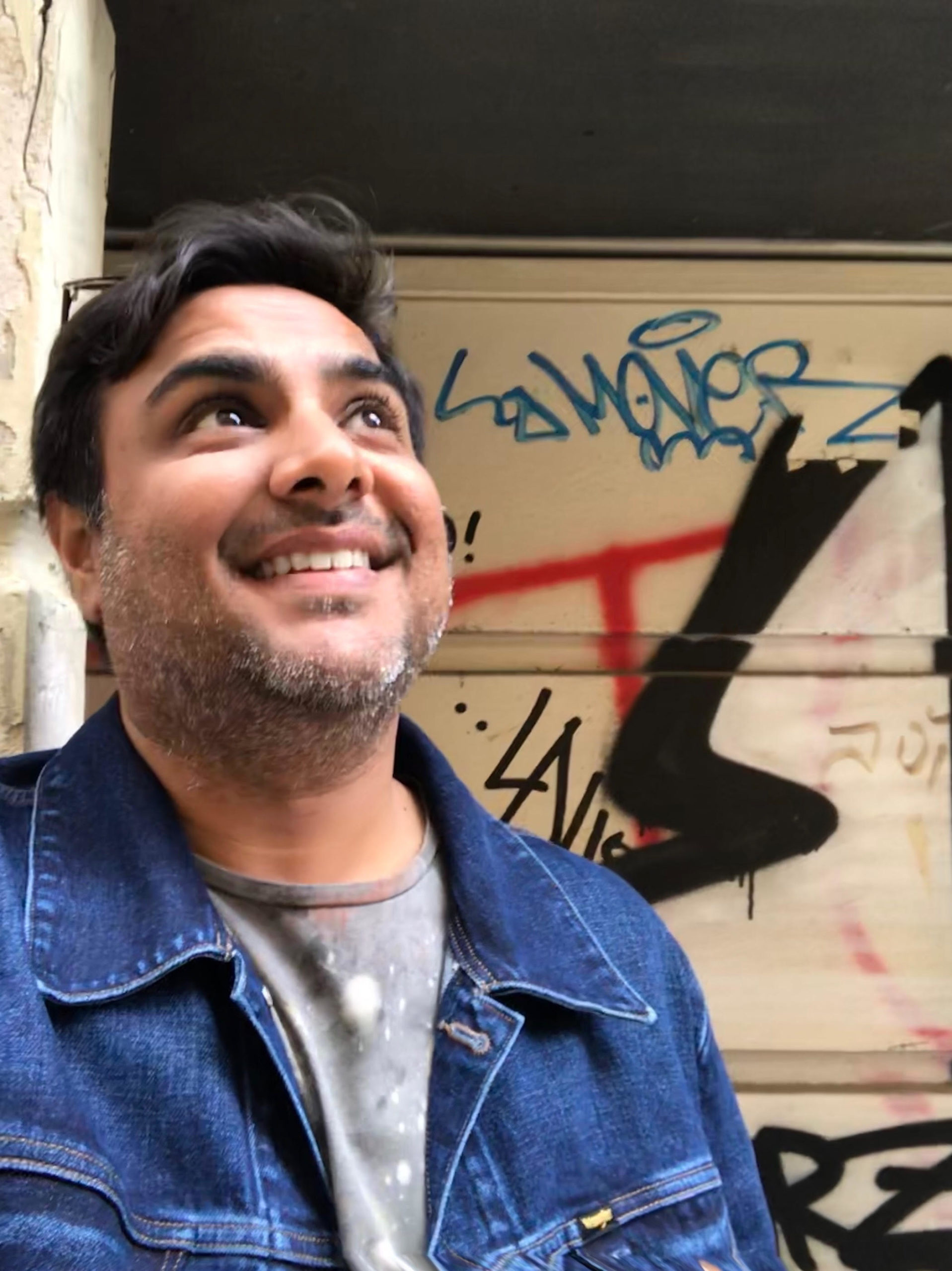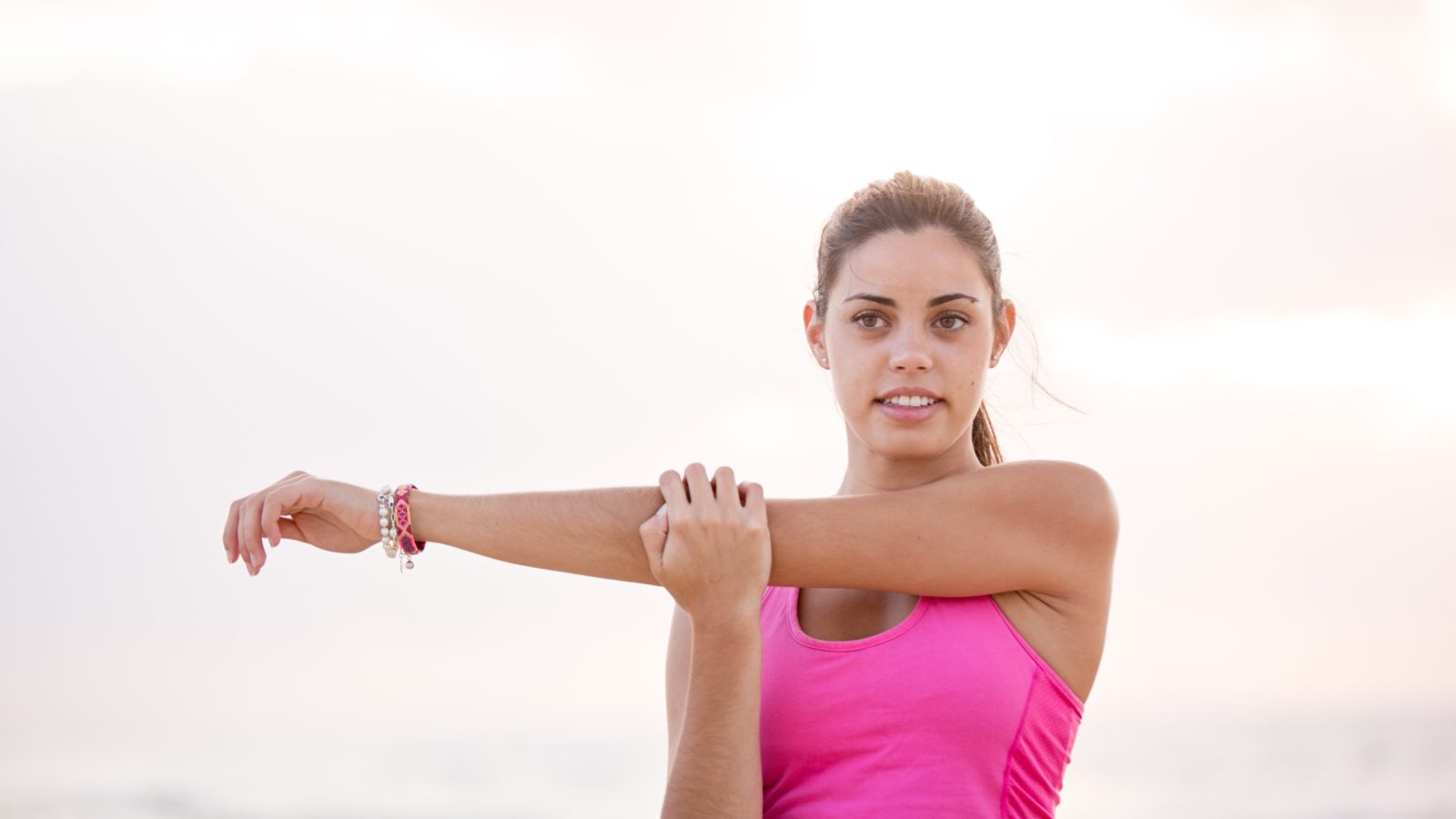In India, preventive care is still in its infancy stage. Until there is universal support from the government and insurance companies alongside public health groups and NGOs, there will not be a seismic shift in the tone of healthcare discussions. But there has been progress. More healthy individuals are becoming seekers opting for fitness plans, diets and early detection tests, choosing to invest in their own wellness as opposed to saving for that rainy day.
But does doing all of this give us immunity to disease and sickness? Of course not. So spending that extra money towards buying organic fruits and vegetables, joining a yoga class, getting that blood test—these are expenses we have to justify against the fact that we may have less at the end of the day to fight a long-term injury or illness. This is a very real, very genuine concern that most seekers have and very few conversations are actually had about this seemingly taboo topic.
Let’s be real. In India, we don’t shy away from talking about how much we spend for things. Whether it is to show our affluence or to discuss how we’ve been “ripped off”, money quite literally talks. Of course, the dialogue stops there. What we don’t discuss is our idea of affordability, because it potentially shows our financial vulnerability. As a result, our priorities often get side-lined because of societal expectations.
A case in point is end-of-life care. While the Western World has embraced palliative care as a part of life, in India, we are more concerned about being able to say we “did everything we could at the hospital” despite knowing the patient is terminal. It’s almost as if the more you spend towards the end of life, the more you show you loved the deceased. Study after study has shown that this is far from the truth and in fact, terminal patients are often given this added care against their own will.
The irony of the situation is that India used to be a country where our elders were able to die peacefully in their own homes. Now, it’s almost become the opposite—we need the consent of the hospital and doctors to call the time of death.
It’s no surprise then, to learn that we spend a disproportionate amount of money towards our health in our final year of life. What does this say about us? What if we allocated those funds more evenly through our life and spent it on preventive measures: early detection tests, buying healthier foods, joining a gym, etc.
By all accounts, there is marked improvement in quality of life when we focus on leading healthier lives. So even if we are technically saving less for our future, we are better prepared for any illness that awaits us.
Whenever I give talks to cancer patients and wellness seekers in general, I always emphasise that the many lifestyle changes that I made to my life post-diagnosis have been changes that I’ve continued even after I went into remission. The reason? I created a healthy routine for myself for my wellness, not for my illness. And enforcing this routine with discipline was my insurance policy to ensure the best health for myself, no matter what lay ahead.
At the end of the day, most individuals who wait until illness strikes are often overwhelmed with the number of changes they need to make almost overnight. As a result, their bodies, already suffering from whatever ailment, have to not only combat the disease but also have to adjust to numerous other lifestyle changes which at times can complicate, and in fact compromise, the quality of the treatment.
We should keep our bodies as healthy as possible before getting sick, so that when we do fall ill, we stand the greatest chance of recovery, since we’ve already been nourishing our bodies the way it was needed.
It’s important to have conversations about the cost of quality of life v/s the cost of quantity of life not just for end-of-life care, but also for the rest of our lives. We have to overcome the fear of our priorities being questioned or even ridiculed, since there is no 100% guarantee that the actions we take today towards preventing disease will not result in future illnesses. We should have confidence that the right steps we take health-wise for ourselves today will make our future that much less painful, stressful and most importantly prove to be more cost-effective. Before you balk at the price of costlier foods in the grocery store, the gym membership, the therapy treatment, or the early detection medical tests, remember investing in your own health will always result in more fruitful dividends.
Want to share your story of how you thrive? Write to us at [email protected]


